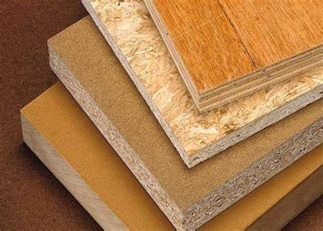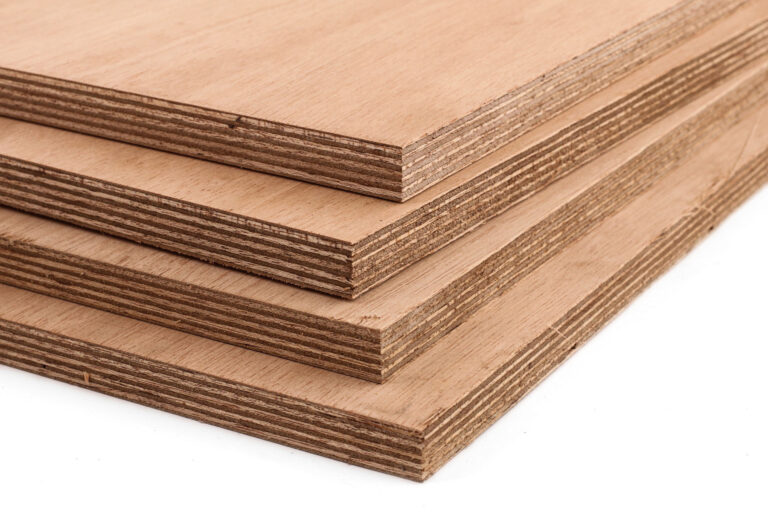CARB phase 2 formaldehyde limit
- Health and Safety:
CARB Certification: Protects indoor air quality by limiting formaldehyde emissions. This is crucial for the health and well-being of those who live or work in spaces furnished with composite wood products.
TSCA Title VI Certification: Addresses concerns related to indoor air quality, protecting occupants from potential health risks associated with formaldehyde exposure.
- Compliance with Regulations:
CARB Certification: Complies with California state regulations, which are recognized and adopted by many other states. This ensures market access and acceptance across a broad geographical area.
TSCA Title VI Certification: Meets federal regulations in the United States, ensuring that products are in line with national standards and can be distributed and sold across the country.
- Market Acceptance and Credibility:
CARB Certification: Enhances the marketability of products, as consumers, builders, and contractors often prioritize environmentally friendly and compliant materials.
TSCA Title VI Certification: Adds credibility to products, assuring customers that the manufacturing process complies with federal standards, reinforcing trust in the brand.
- Global Competitiveness:
CARB Certification: Positions products favorably in the global market, as international suppliers and customers increasingly recognize and value CARB certification.
TSCA Title VI Certification: Strengthens competitiveness in the U.S. market and can facilitate export opportunities by meeting federal requirements.
Certifying composite wood products with CARB and TSCA Title VI certifications aligns with environmental consciousness, prioritizes health and safety, ensures regulatory compliance, enhances market acceptance, and contributes to global competitiveness. It’s a proactive step towards responsible and sustainable manufacturing practices.



